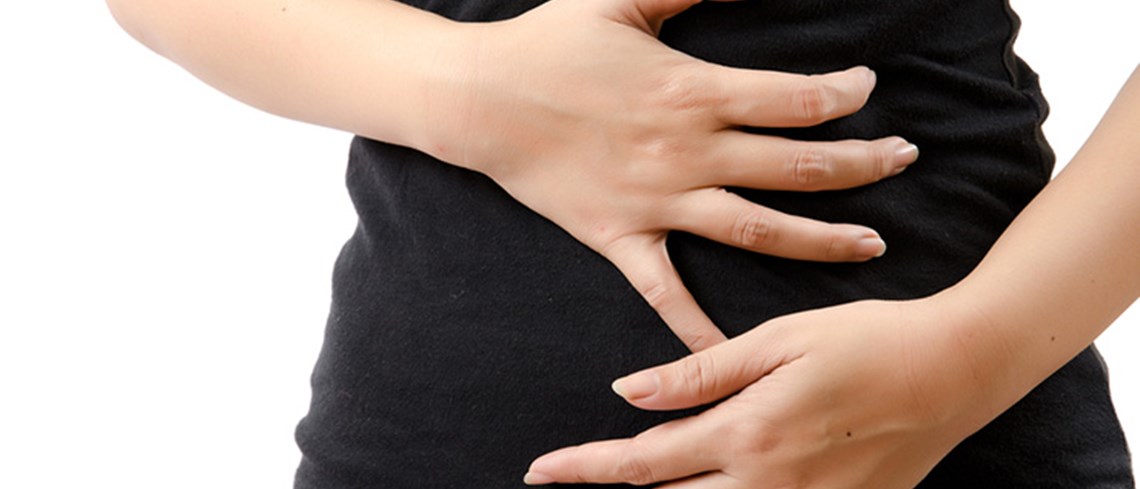Diarrhoea
Diarrhoea (or diarrhea) is when you pass looser or more frequent stools than you do normally. It can be unpleasant, but it's common in people of all ages and is usually nothing to worry about unless it persists and you become dehydrated. In most cases, the cause of diarrhoea is an infection of the bowel, otherwise known as gastroenteritis. For most adults, diarrhoea will clear up in 2-4 days, without the need for treatment.
Causes
What causes diarrhoea?
In general, diarrhoea infections are spread through the consumption of contaminated food and water (hence diarrhoea after eating), by dirty hands, or direct contact with faecal matter. Many different types of bacteria viruses and parasites can cause gastroenteritis and subsequently diarrhoea. Some common ones include:
- Bacteria. E.g. Salmonella or Escherichia (E. coli)
- Viruses. E.g. Norovirus or rotavirus
- Parasites. E.g. Giardia intestinalis
However, other factors can be to blame such as stress, caffeine, alcohol, food allergies, antibiotics or laxatives.
Symptoms
What are the symptoms?
You may experience one or more of the following:
- Watery stools
- Upset stomach or cramps
- Urgent need to use the toilet
- Nausea and vomiting
- Fever
- Loss of appetite
- Dehydration
Bouts of diarrhoea usually clear up after a few days, however, during this time it’s important not to become dehydrated.
Drink plenty of fluids. You may want to consider taking an oral rehydration solution (ORS). These usually come in sachets and are dissolved in water to replace the minerals and salts that you have lost.
Try to eat as normal, but keep meals short and light. Avoid rich, spicy, salty or sugary foods. For babies with diarrhoea, you should continue to feed/breastfeed them as normal.
For adults, if you have any more severe symptoms or your diarrhoea lasts longer than a week, speak to your healthcare professional.
Prevention Tips
Practice good hand hygiene:
Remember to wash your hands regularly with soap and water, especially after using the toilet, and before and after preparing and eating food.
Food hygiene:
Good food hygiene will help to prevent gastroenteritis and diarrhoea from food poisoning.
- Clean and disinfect food preparation surfaces: After preparing food (especially raw meat, fish or eggs), clean and disinfect any kitchen surfaces that you’ve used. Dirty utensils, cutlery and crockery can be cleaned with detergent and hot water
- Store raw and cooked food separately
- Cook food thoroughly and evenly
- Properly refrigerate food to stop the growth of bacteria
Safe drinking water:
Contaminated water is one of the most significant factors contributing to infectious diseases in developing countries. Make sure you have access to safe water and if storing water in your home be sure to keep the water vessel covered, don’t allow anyone to directly touch the water or drink from the vessel and thoroughly rinse the vessel after every use. If you are unsure of the quality of your water, treat it before drinking.
Take extra care when someone in your family is suffering from diarrhoea:
- Avoid sharing cutlery, utensils, towels and other personal care items such as flannels and sponges with other household members
- Those suffering from diarrhoea should avoid preparing food for others
- Clean and disinfect your toilet, including the toilet seat and toilet flush, after each bout of diarrhoea
- Remember to wash your hands thoroughly and regularly with soap and water
- Wait at least 48 hours after symptoms have cleared up before returning to work or school
Myths and Truths
You should drink less fluids when you have diarrhoea?
This is false – when you have diarrhoea it’s important to drink plenty of fluids to avoid dehydration. Frequently drink small sips of water even if you are also experiencing vomiting, making sure to treat water before drinking.
You should be careful what you eat whilst you are experiencing diarrhoea?
There are mixed opinions over what and when you should eat whilst you have diarrhoea. Most experts tend to agree that you should eat solid food. Meals should be light, small and avoid spicy, heavy or fatty foods. If you feel you cannot eat, it should not do you any harm.
